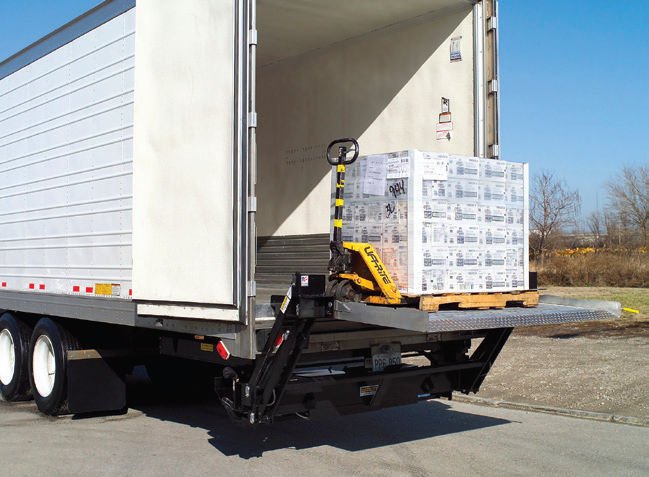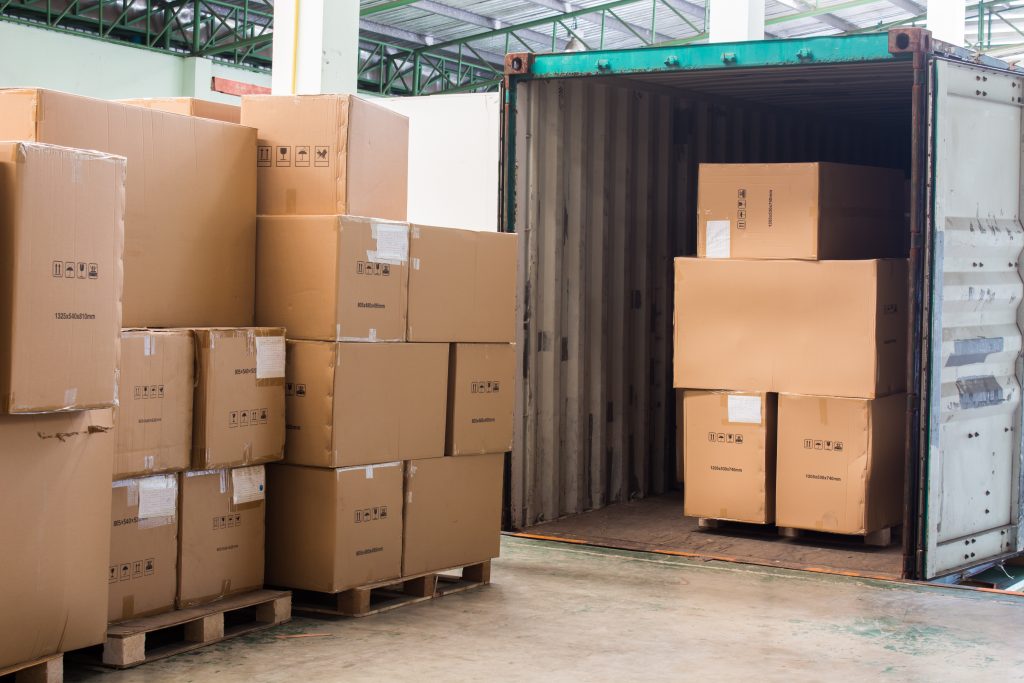In the world of LTL (less-than-truckload) freight shipping, the final invoice often includes more than just base rates. One of the biggest contributors to surprise costs? Accessorial charges. These are additional fees carriers apply for services that go beyond standard dock-to-dock transportation.
This guide explains what LTL accessorial charges are, when they’re applied, and how shippers can reduce or avoid them through better planning and logistics visibility.
What Are Accessorial Charges in Freight Shipping?
Accessorial charges are additional fees applied when a shipment requires services beyond the standard scope of pickup, transportation, and delivery. While the base cost of LTL shipping covers moving freight from point A to point B, any added complexity, like delivering to a residence or using a liftgate, triggers these additional costs.
As supply chains become more complex, accessorials are no longer rare exceptions; they’re a regular part of doing business in LTL shipping.
Common LTL Accessorial Charges to Know
Not all freight moves in and out of traditional warehouses. Here are some of the most common reasons carriers apply accessorial charges:
- Reclassification or reweighing
- Residential deliveries
- Oversize shipments
- Inside delivery requests
- Liftgate delivery or pickup
- Limited access locations (e.g., schools, military bases, construction sites)
- Trade show shipments
- Hazardous materials handling
- White glove or specialized services
- Single shipment fees (especially when freight volume is low)
Any factor that adds time, labor, equipment, or risk for the carrier can result in an accessorial charge.

Intermodal Freight and Accessorial Fees
If your LTL shipment uses multiple transportation modes, such as combining truck, rail, or ocean, it’s considered intermodal shipping. These moves often involve additional handling, transfers, and coordination across modes, which means more potential for added accessorials.
Understanding how these charges apply in intermodal contexts is essential for accurate freight budgeting.
Are Accessorial Charges Standardized?
Unfortunately, no. Accessorial charges vary widely between carriers. One carrier may charge a flat rate for a liftgate, while another uses a weight-based formula for the service. This lack of standardization can make budgeting difficult, especially for businesses shipping to multiple locations or using different LTL providers.
Working with a knowledgeable 3PL partner can help uncover and compare these charges upfront, preventing billing surprises later.
How to Avoid or Minimize LTL Accessorial Charges
While not all accessorials can be eliminated, many can be avoided with proper planning. Here’s how shippers can reduce the risk of incurring extra fees:
- Know your shipment details upfront:
– Total weight and number of pallets.
– Dimensions (and whether pallets are stackable).
– Freight class.
– Accurate origin and delivery addresses.
– Special requirements (e.g., liftgate, appointment delivery).
- Disclose delivery conditions clearly: If the destination is a limited-access site or requires inside delivery, communicate that in advance to avoid re-delivery charges or service delays.
- Use your carrier or 3PL as a resource: Some transportation providers offer classification support or shipment audits to help you identify areas where fees might apply.
- Review past invoices: Look for patterns in accessorial charges that could be mitigated with changes to packaging, routing, or service level selection.
The more details you provide upfront, the fewer assumptions the carrier has to make, and the less likely it is that you’ll face surprise fees.

How R2 Logistics Helps Reduce LTL Shipping Costs
At R2 Logistics, we understand how quickly accessorial charges can eat into your freight budget. That’s why our team uses advanced logistics technology and deep carrier relationships to help you:
- Identify potential accessorials before shipment
- Optimize routing and carrier selection
- Improve shipment documentation and accuracy
- Gain real-time visibility through our Transportation Management System (TMS)
Let’s Simplify Your LTL Shipping
Want to avoid unnecessary fees on your next shipment? Contact R2 Logistics today to learn how our team can help you navigate LTL freight complexity and keep your shipping costs under control.
